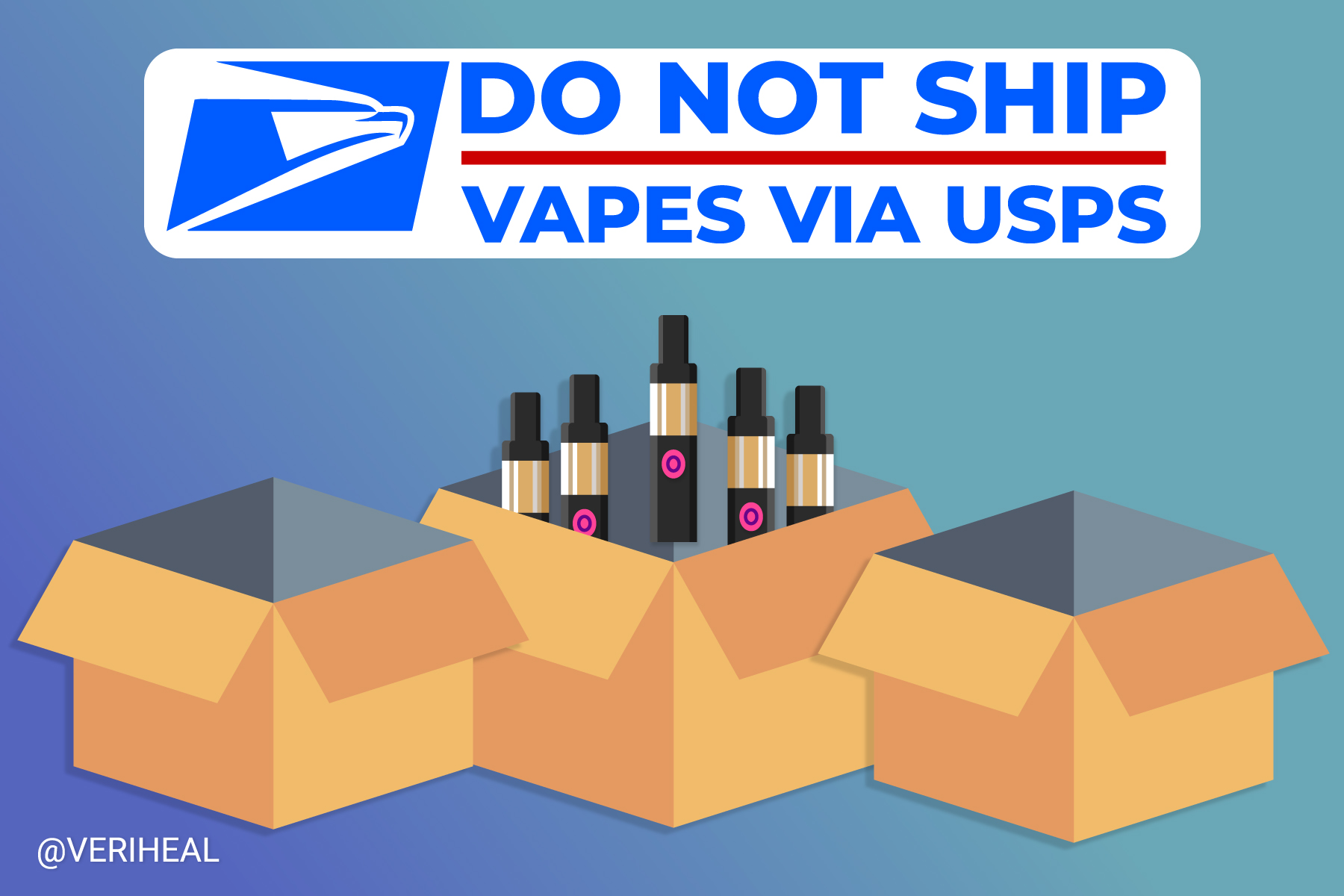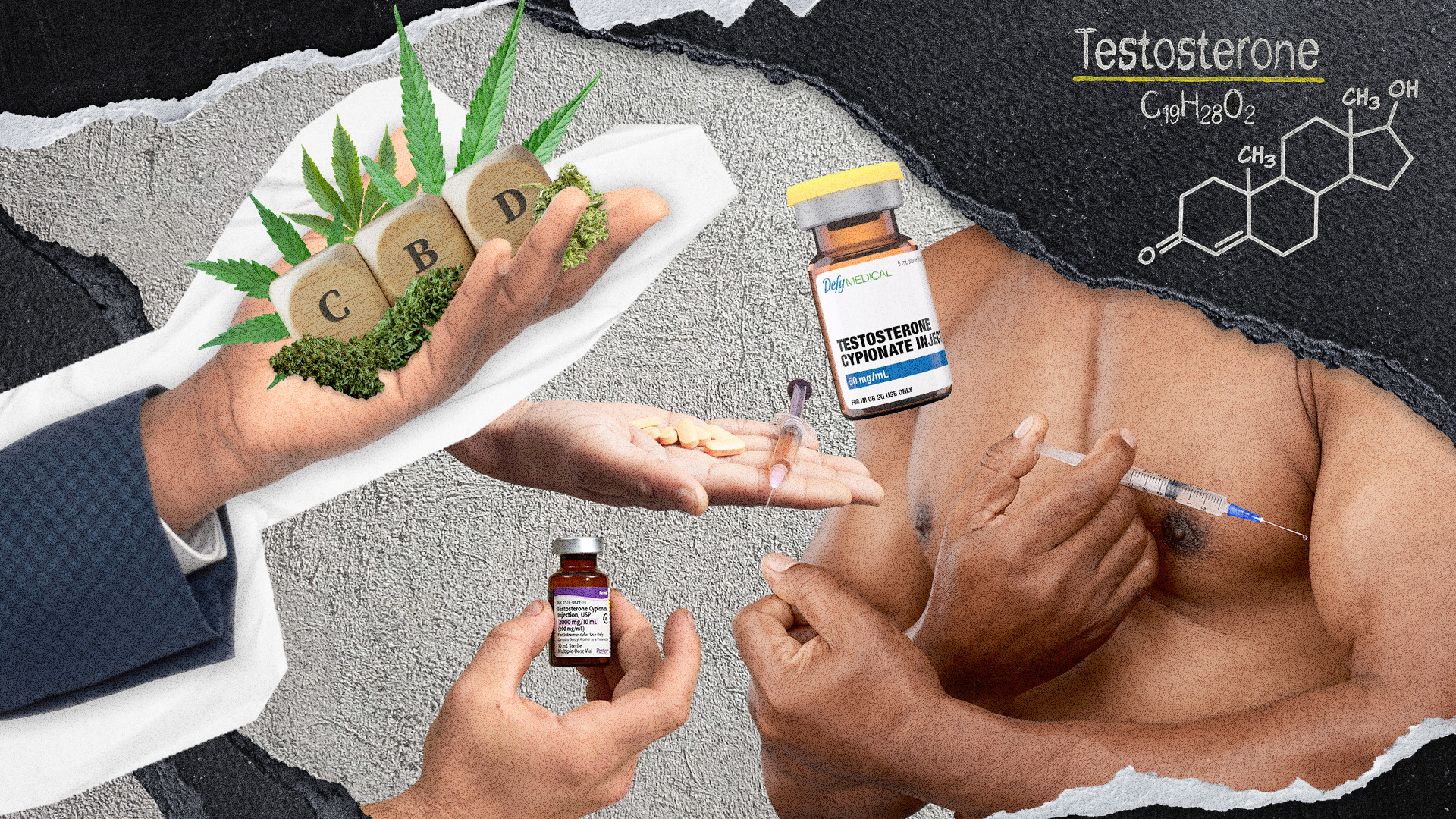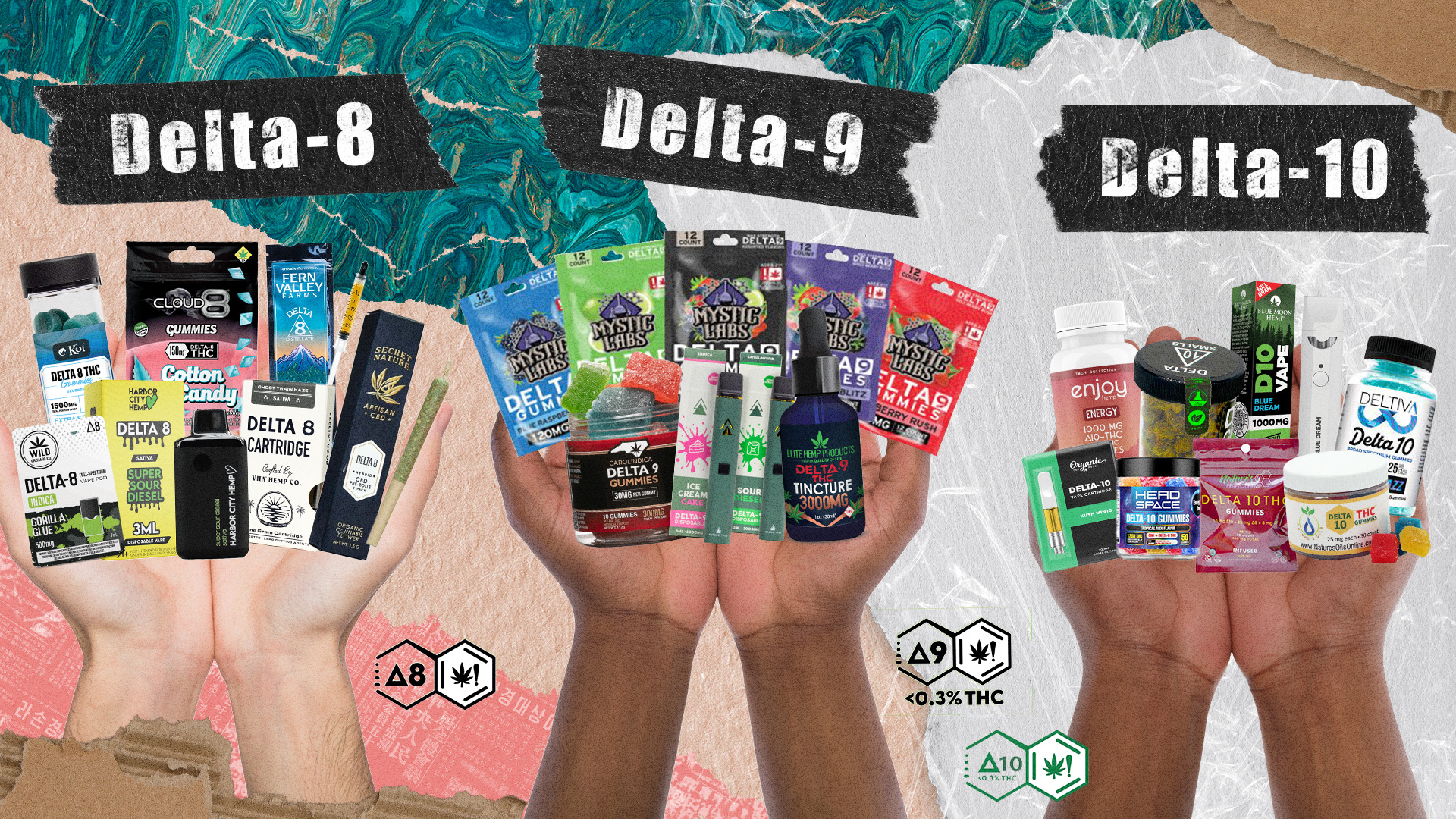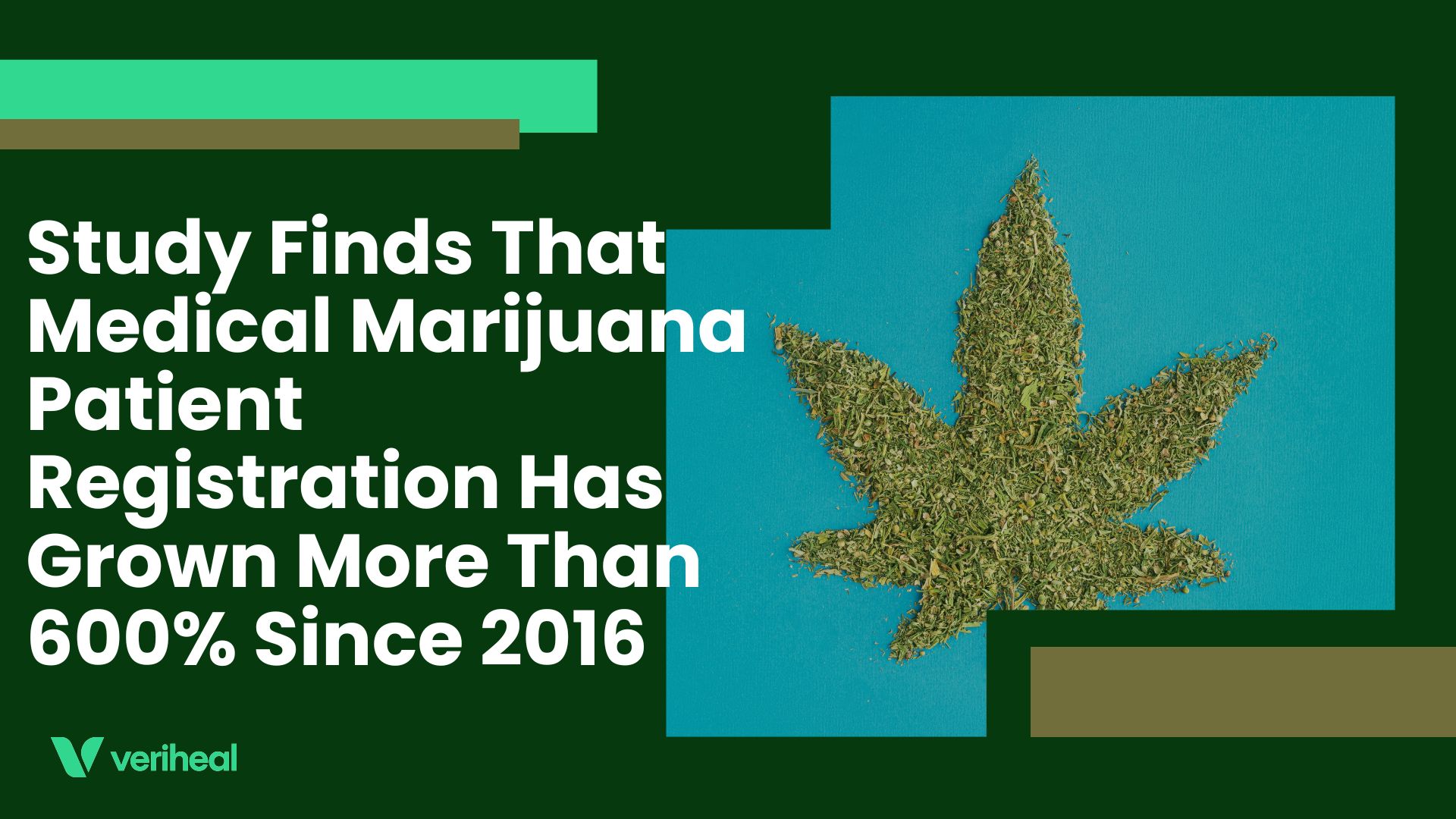Transporting cannabis is a tricky business, thanks in large part to the fact that cannabis is still illegal at the federal level. Even when you’re transporting cannabis from a state where it’s legal to another state where it’s legal—for example, driving across the border from California to Oregon—there’s a chance you might run into trouble. Even though cannabis is legal in each state, the border crossing technically falls under federal jurisdiction, and while you’re not exactly likely to be stopped at the border and searched, it’s certainly a significant risk. Now that the Marijuana Opportunity Reinvestment and Expungement (MORE) Act is on its way to legalization, the risk has lessened considerably. If the MORE Act passes, cannabis will be declassified from its Schedule I status. This measure would move cannabis companies toward being able to ship products from one state to another, as long as those states shared borders and each had legalized cannabis. It would open up much bigger markets for the cannabis industry. Until that day comes, cannabis companies can only ship their products within the state in which they’re located. But thanks to a new USPS measure, they may soon be unable to do even that.
The USPS Bans Shipping Vapes
Last December, Congress passed the Preventing Online Sales of E-Cigarettes to Children Act, an absolute mouthful of a piece of legislation that will prohibit the United States Postal Service from shipping vapes and vaping equipment.
The law is intended to target tobacco products, and it doesn’t make specific mention of the cannabis industry or cannabis products. However, the language of the law is vague enough that it could easily create issues for those in the cannabis industry. The law refers to “electronic nicotine delivery systems,” which would leave out cannabis vapes. But it goes on to define vapes for its purposes as any product that “delivers nicotine, flavor, or any other substance to the user inhaling from the device.”
Why You Should Get Your Medical Marijuana Card
Veriheal has satisfied millions of patients nationwide by giving them access to these benefits
- Larger purchase limits
- Peace of mind
- Enhanced legal protection
- Access to higher potency strains
- Save up to 25% on cannabis purchases
- Skip the line at the dispensary
Legislators are clear about the fact that the intent of the new law is to help keep nicotine vapes out of the hands of children. It’s an issue that many have been concerned about as vaping has become more and more popularized, and it’s led to such measures already as some vape manufacturers discontinuing their fruit-flavored cartridges and laws requiring vapes to be packaged in ways that are explicitly designed not to appeal to children. But will this new vape shipping ban affect a cannabis industry that already has a lot of restrictions governing how it’s able to operate?
The Cannabis Industry Isn’t Worried
Although cannabis companies aren’t going to be able to use USPS for vape shipments for the foreseeable future, that’s actually unlikely to change much about the way they operate. Using private companies that require signatures for package deliveries is fully in compliance with the new law—it enables the legislature to be sure that anyone taking delivery of vaping products is of age, which is the main concern prompting this piece of legislation. That means companies like UPS and FedEx are still options. But do note, that this can only occur within state jurisdictions as shipping cannabis outside of the state is federally prohibited. And while FedEx has come out with a statement that they won’t be shipping vaping products either, the cannabis industry isn’t bothered.
Vape companies tend to send their products through private shipping firms, rather than the larger, more traditional shipping methods. And this law doesn’t affect that. There’s also the fact that the cannabis industry simply isn’t able to rely on shipped merchandise for too much of its profits yet anyway. If and when interstate shipping becomes feasible, this might be more of a concern. In the meantime, keeping tobacco out of the hands of underage people is always a good thing.
Author, Share & Comments
















